SUMMER 2003 TEACHER PROGRAM
ENVIRONMENTAL LEARNING INSTITUTE, WOODROW WILSON NATIONAL FELLOWSHIP FOUNDATION, NEW MEXICO INSTITUTE OF MINING & TECHNOLOGY MASTERS IN SCIENCE TEACHING PROGRAM & COLORADO SCHOOL OF MINES TEACHER ENHANCEMENT PROGRAM
LEADERSHIP PROGRAM FOR TEACHERS
TEACHER OUTREACH (TORCH) WORKSHOPS
"As an Associate Professor of Education at St. Cloud State University, I found the BC TORCH invaluable to myself as a "teacher of teachers," and feel teachers and educators at all levels would benefit through participating in similar experiences. Of particular value to teachers is the manner in which Inquiry Teaching and Learning are emphasized. This emphasis stems from the readings and preparation for the course, but more strongly through the hands-on experiences. For example, our TORCH group participated in a real-world research project in collaboration with our First Nations hosts. This project helped solidify the Inquiry approach to teaching and provided a valuable cultural link between our group and our First Nations host family.
Other activities of interest included: learning about how First Nations people utilized their natural resources in a sustainable way, observing the myriad wildlife living close to our camp (wolves, bears, whales & salmon), working with Hesquiaht and Anglo Canadian scientists and educators to learn more about local salmon stream integrity and the inter-tidal ecosystem, and hiking and climbing through the various bio-geological zones of Olympic Peninsula in Washington and the Clayoquot Sound Biosphere Reserve in Canada.
I found the workshop extremely helpful. In my 30 years of teaching and numerous research opportunities it was absolutely the best, most valuable, experience I’ve ever had and the benefit to my students is priceless."
- Professor Gregory Coverdale, St. Cloud State University
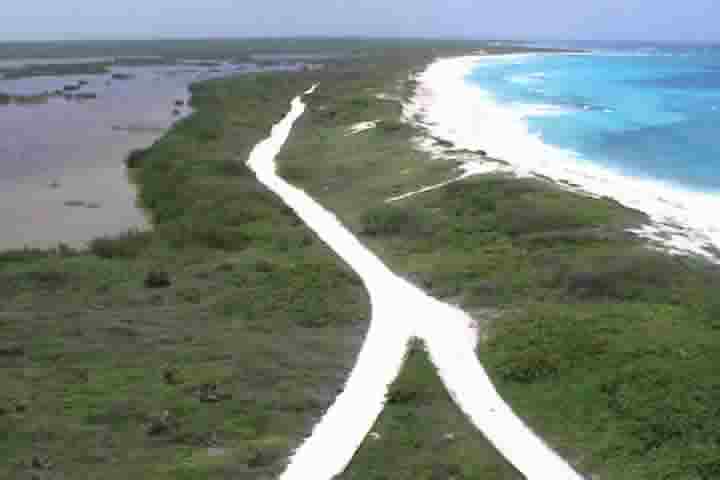
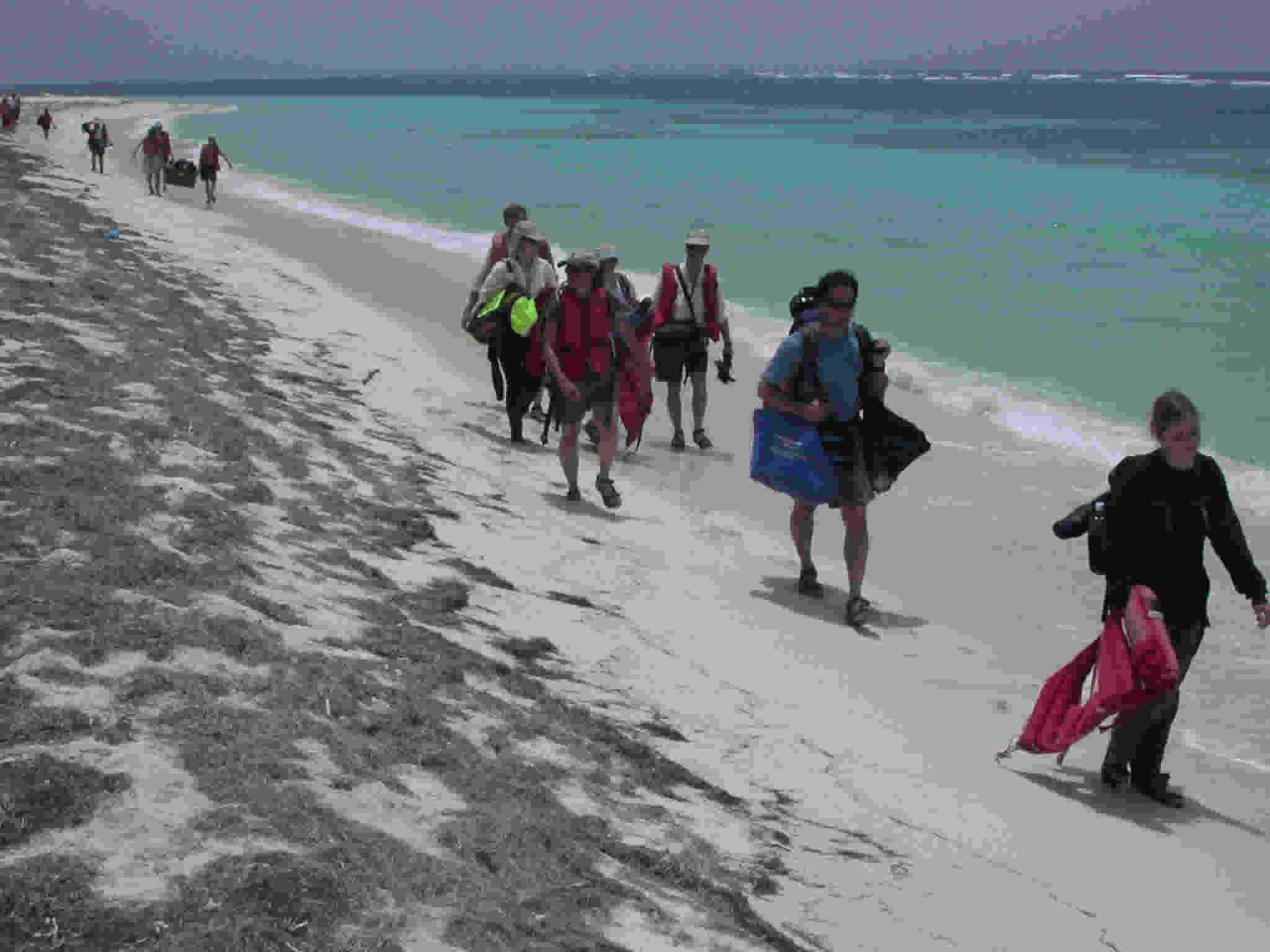

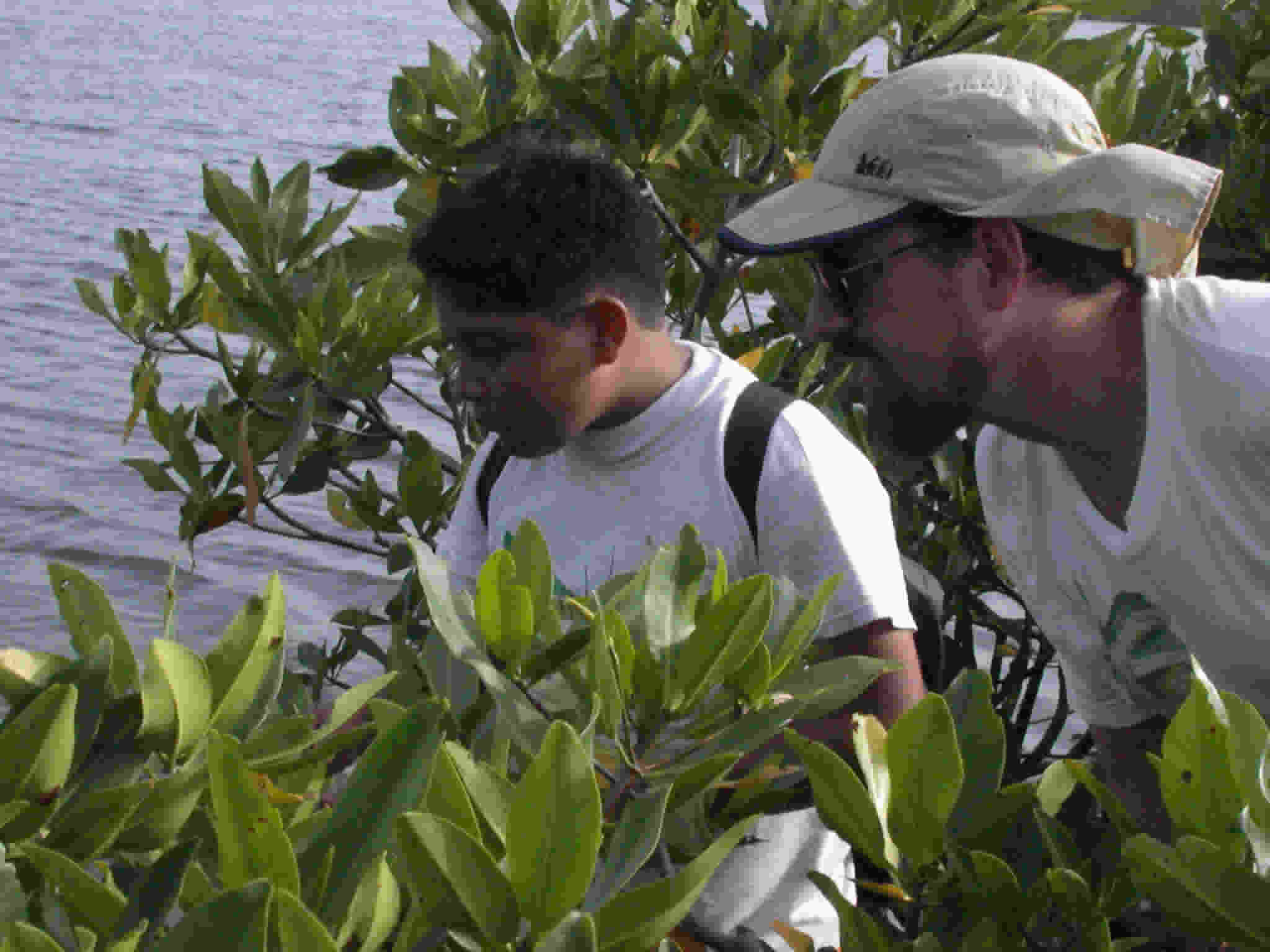
Session 1: Monday, June 30-Tuesday, July 8, 2003.
Participant Fee: $900 plus airfare to Cancun, Mexico rendezvous. (Partial need-based fellowship may be available).
Credits: 4 graduate-level relicensure hours credits available through Colorado School of Mines (additional $130 fee). 2 sciences graduate credits available through New Mexico Institute of Mining & Technology ($360 fee; option for 3 sciences graduate credits with additional required post-course research paper, $540 fee).
The Sian Ka'an Biosphere Reserve is composed of coral reefs, lagoons and tropical forests. In this TORCH we will explore through authentic inquiry-based learning-research activities the incredible coral reefs, forests and wetlands of Mexico's Mayan Coast. Our work is done in cooperation with Amigos de Sian Ka'an, a non-profit organization that has been instrumental in the protection and managament of the region. Described by Jacques Cousteau as "one of the most magnificent on earth", we will use snorkeling gear for our marine explorations. We will explore and investigate the coastal tropical forests. In addition we will also visit remarkable Mayan ruins and the cinotes (freshwater underground rivers) throughout the area. We will be tent-camping and staying in basic cabins. Our days are filled with meaningful field work, our evenings include lively text-based discussions of inquiry-based scientific learning, Mayan traditional ecological knowledge, expeditionary learning, team development models, and global environmental change.
Facilitators:
David Scott Silverberg, Ph.D., Environmental Learning Institute, AZ, silverberg@alum.mit.edu
David Vaughan, Masters in Forestry Sciences , Waynflete High School, Portland, Maine.
Ronald Rushing, M.Sc., Navasota Junior High School, Navasota, Texas.
Marcos Lazcano, Executive Director, Amigos de Sian Ka'an, Cancun, Quintana Roo, Mexico.
Gonzalo Merediz, Program Coordinator, Amigos de Sian Ka'an, Cancun, Quintana Roo, Mexico.
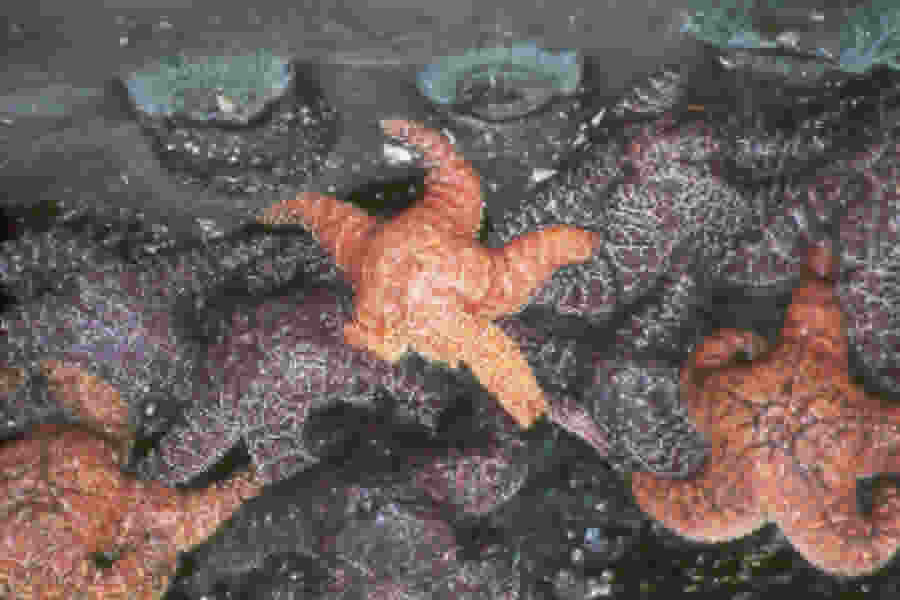
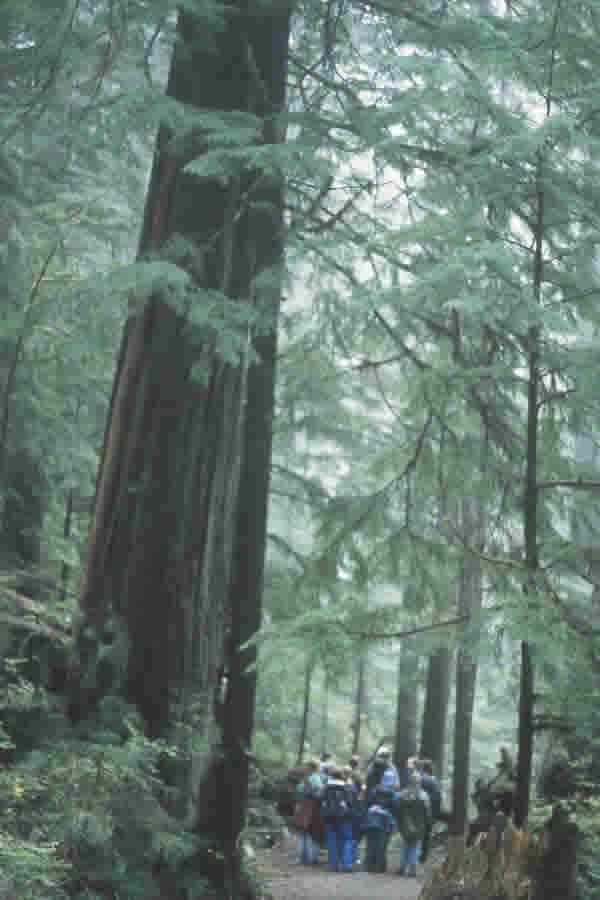
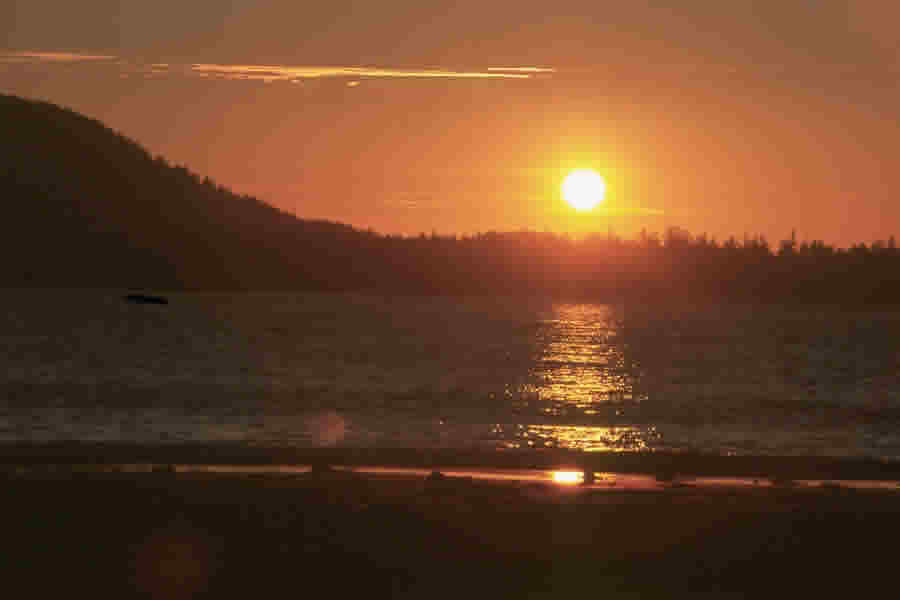
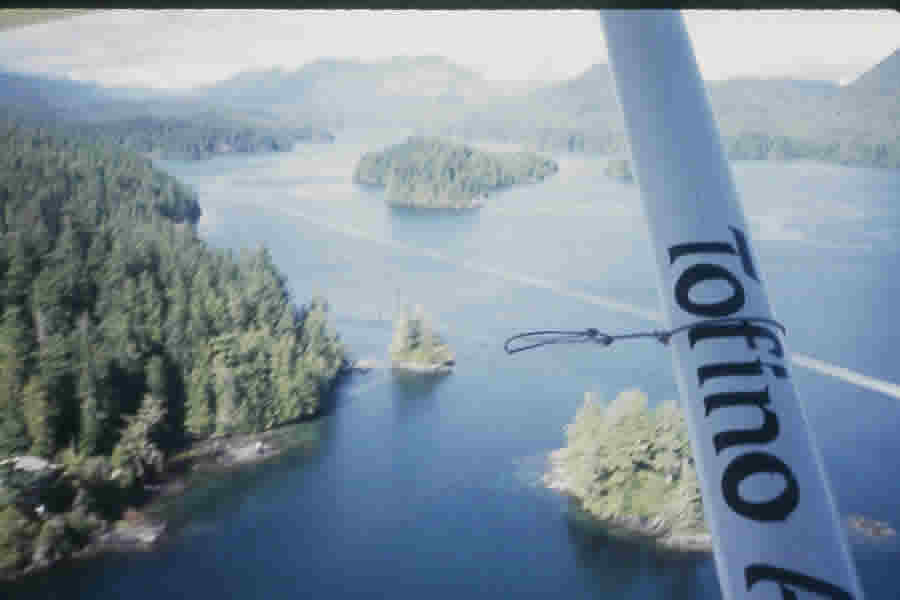
Session 1: Thursday, July 24 - Friday, August 1, 2003.
Participant Fee: $900 plus airfare to Seattle rendezvous. (Partial need-based fellowship may be available).
Credits: 4 graduate-level relicensure hours credits available through Colorado School of Mines (additional $130 fee). 2 sciences graduate credits available through New Mexico Institute of Mining & Technology ($360 fee; option for 3 sciences graduate credits with additional required post-course research paper, $540 fee).
Facilitators:
Steven & Karen Charlesen, Hooksum Outdoor School, Hesquiaht Harbor, Clayoquot Sound, B.C.
Sennen Charlesen, Victoria, B.C., Canada
Dennis Morgan, M.Sc., Bamfield, B.C., Canada
David Scott Silverberg, Ph.D., Environmental Learning Institute, AZ, silverberg@alum.mit.edu
In this TORCH we will explore through authentic inquiry-based learning-research activities the incredible coastal temperate rain forests of British Columbia Vancouver Island's "Wild West Coast". July is usually a time of beautiful weather, frequently clear skies. The Clayoquot Sound Biosphere Reserve is composed of the largest intact virgin rainforest in southern British Columbia, inland seaways, fiords and an incredibly rich marine environment. Towering cedar trees, several salmon species, wolves, bears, eagles, grey, humpback and orca whales typify the region. Experimental logging defined by some as sustainable practices are being employed in the area now. We will visit with the First Nations and Anglo-Canadian communities whose lives are fundamentally dependent on the sustainable management of the regions still relatively intact watershed. Our course partners with Hesquiaht First Nations and NGO's in Clayoquot Sound. We will be tent-camping and staying in a traditional Nuu-Chah-Nulth Hesquiaht Longhouse. At the longhouse we will be hosted by the Charelsen family of Hesquiaht First Nations. Our days are filled with field work, our evenings include lively text-based discussions of field geology, field biology, inquiry-based scientific learning, traditional ecological knowledge, expeditionary learning, team development models, global environmental change.
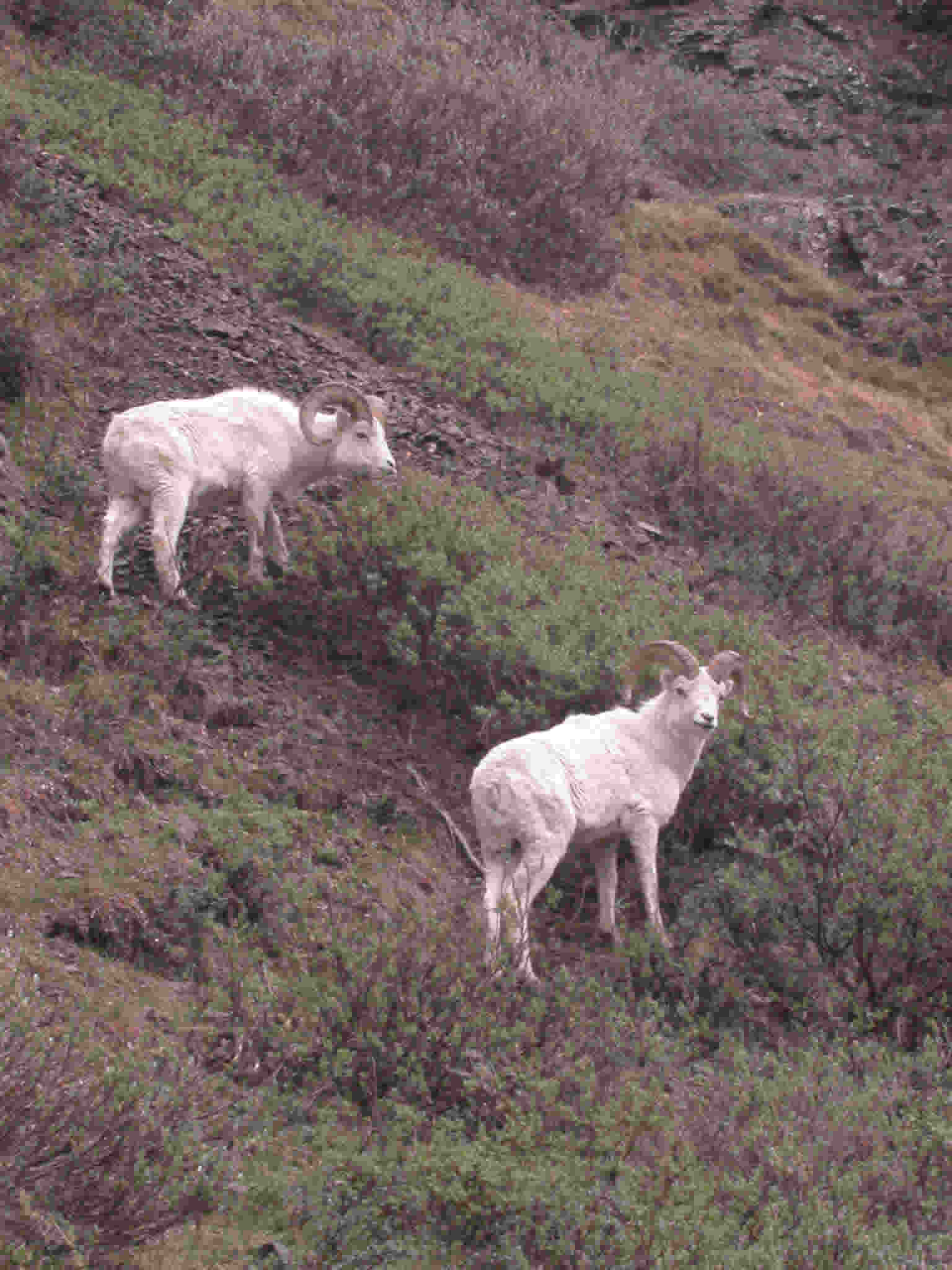
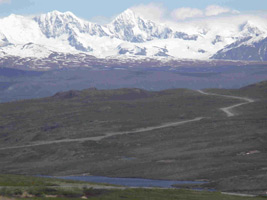
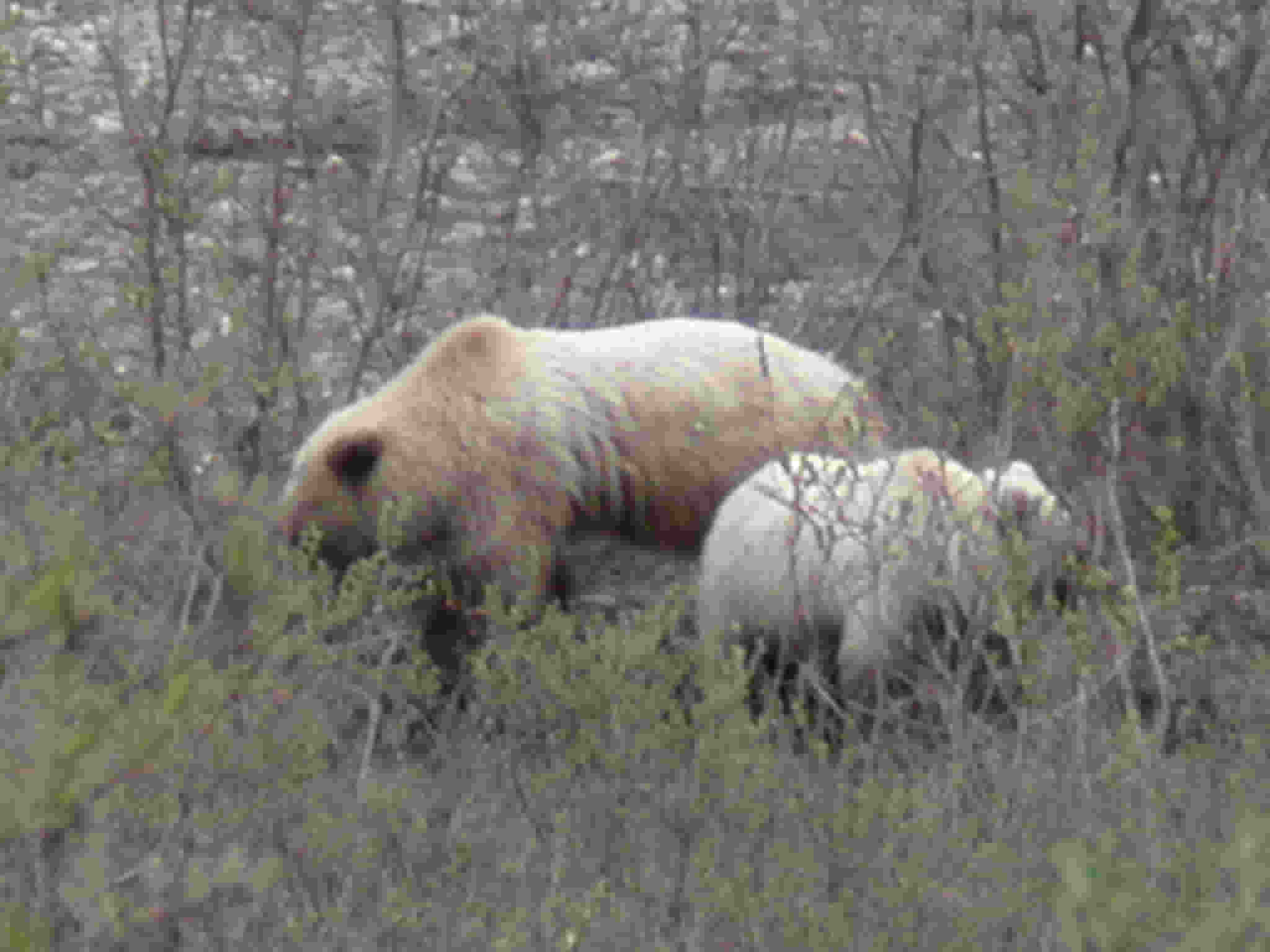
Session 1: Wednesday, August 6- Thursday, August 14, 2003.
Participant Fee: $900 plus airfare to Anchorage rendezvous. (Partial need-based fellowship may be available).
Credits: 4 graduate-level relicensure hours credits available through Colorado School of Mines (additional $130 fee). 2 sciences graduate credits available through New Mexico Institute of Mining & Technology ($360 fee; option for 3 sciences graduate credits with additional required post-course research paper, $540 fee).
Facilitator Contacts:
David Scott Silverberg, Ph.D., Environmental Learning Institute, AZ, silverberg@alum.mit.edu
In this TORCH we will explore through authentic inquiry-based learning-research activities the incredible tundra and taiga ecosystems of Alaska's "Alaska Range". August is usually a time of beautiful weather, frequently clear skies. The Alaska Range is composed of the highest mountain in North America (Denali), spectacular glaciated mountain ranges, intact Taiga forests, and incredibly mammal-rich dry and wet tundra ecosystems. Spruce trees, willows, birch, grizzley bears, black bears, caribou, moose, wolves, wolverine, arctic fox typify the region. We will visit with the Athabascan and Immigrant-Alaskan communities whose lives are fundamentally dependent on the sustainable management of the region. We will be tent-camping and staying in basic cabins. Our days are filled with field work, our evenings include lively text-based discussions of inquiry-based scientific learning, traditional ecological knowledge, expeditionary learning, team development models, global environmental change.